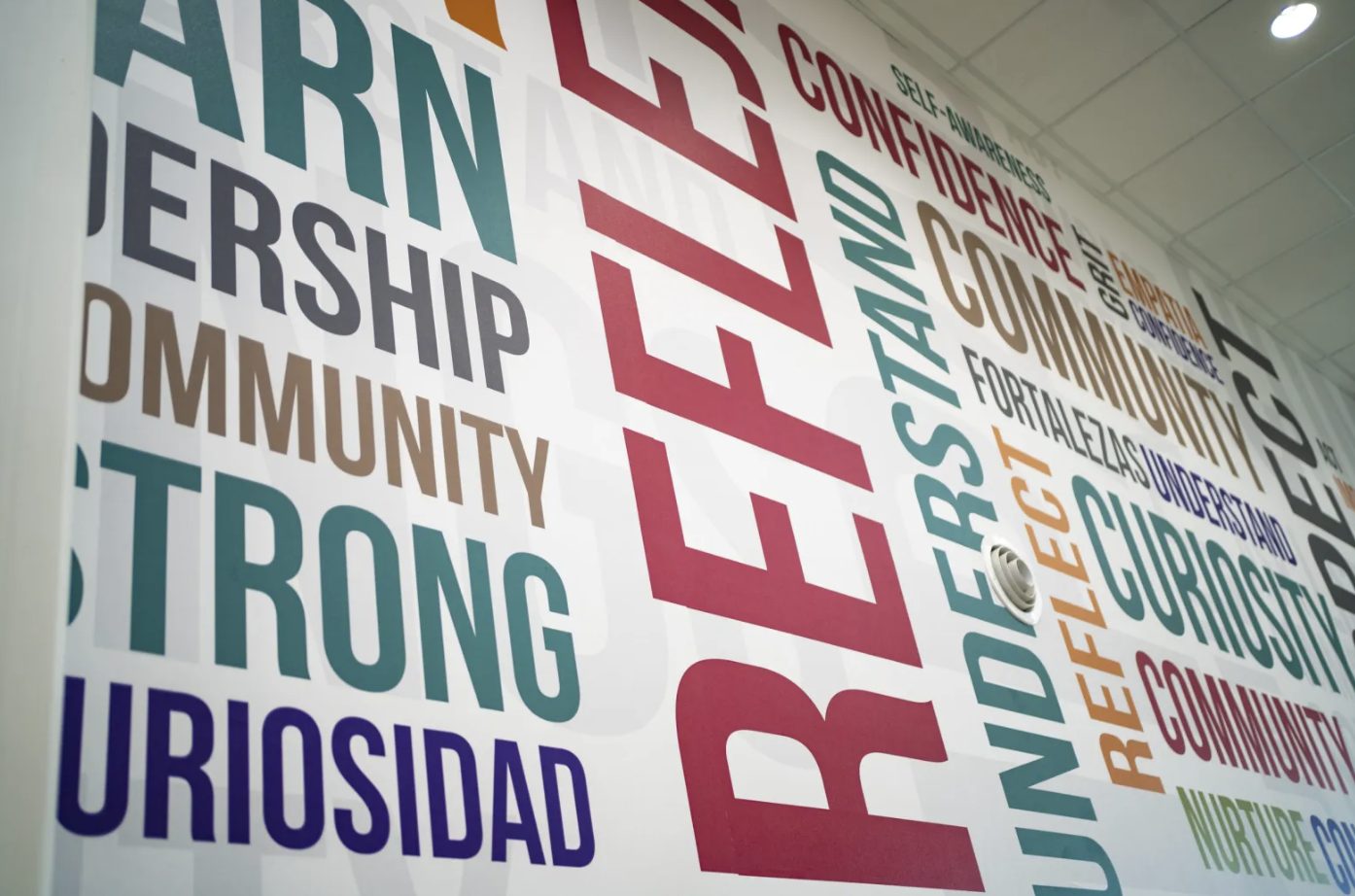Can simple text messages for parents boost reading scores for kids?
Can simple text messages for parents boost reading scores for kids?
By Jackie Mader, The Hechinger Report, July 23, 2020
Several years ago, officials in the San Francisco Unified School District realized their attempt to engage parents in their child’s literacy development was falling flat. Not all families could attend the training workshops and those that did were presented with an overwhelming amount of information. During the 2013-14 school year, the district decided to try something simple: text message tips for parents.
The district partnered with the Stanford University Graduate School of Education, which designed a pilot program to test out the texts. The results were encouraging: families who received literacy-related texts did better on reading exams—in some cases improving two to three months in some areas—than the children in families that did not receive the text messages. Officials also saw a positive impact on parental involvement at home and at school.
“It kind of reinforced the importance of family involvement and family connectiveness,” said Meenoo Yashar, chief of the San Francisco Unified School District’s Early Education Department. “It’s a very easy way for a family to see something and be reminded that ‘Oh yeah, I could do that.’”
The text messages, which are sent over the course of the week, offer parents a simple fact about child development, followed by a tip for an activity and then a suggestion for how to continue the learning. On a Monday, for example, parents may receive a text noting that asking children questions throughout the day helps build language skills. That is followed on Wednesday by a tip to ask children a silly question in the morning, like “If you could ride an animal to school, what would you pick? Why?” On Friday, parents receive an additional suggestion to ask children about one fun thing that happened during their day.
That pilot program evolved into a comprehensive family engagement curriculum called Ready4K, run by the California-based company ParentPowered. Ready4K has only become more popular, and some say, beneficial, as families are now largely isolated at home due to the coronavirus pandemic. This summer, more than 25 new community-based organizations, school districts and Head Start agencies partnered with Ready4K to reach families at home, including the New York City Department of Education, which provided text messages for families through the month of June. After the coronavirus-induced shutdown occurred in San Francisco, the city’s school district rolled out the program for all families with children ages 8 and under. Yashar said the district is considering continuing the program into the next school year, which the district recently announced will begin online.
“They start noticing everyday learning moments that we’re not even texting about. It becomes this empowering tool that allows parents to sort of look at every opportunity within their day as a learning opportunity.”
Rebecca Honig, Head of Content for Ready4K.
The program is now used by nearly 130 organizations, including school districts, Head Start agencies and national organizations. Parents can ‘opt in’ to receive three text messages each week covering everything from naming emotions to building confidence and staying active through movement.
Research has shown that sending parents tips through text messages is a successful way to educate them on child development and can improve academic performance. That’s largely because the format is so accessible to parents and the information is short and easy to read. Although some researchers caution that texting can’t necessarily combat systemic problems in a child’s life, it can lead to some change. Some schools have found attendance rates increase and course failure rates decrease by simply texting parents information about their child’s missed assignments or grade-point average. One recent study found texting can also be used for other kinds of educational outreach, like letting parents know if they are eligible for programs like Head Start.
Ben York, CEO of ParentPowered says the text messages and corresponding curriculum are meant to be easy and simply build upon existing family routines, like pointing out the letters on a shampoo bottle during bath time or counting the number of steps on the way to the car, which makes it easier for parents to carry out. “We understand parents are busy and have lots of demands on their attention,” York said. That approach seems to be working: Parents who use Ready4K regularly report that the text messages help them see how easy it is to incorporate topics like math and literacy into their day. “They start noticing everyday learning moments that we’re not even texting about,” said Rebecca Honig, Head of Content for Ready4K. “It becomes this empowering tool that allows parents to sort of look at every opportunity within their day as a learning opportunity.”
Editor’s note: This story led off this week’s Early Childhood newsletter, which is delivered free to subscribers’ inboxes every other Wednesday with trends and top stories about early learning. Subscribe today!
This story about text message tips for parents was produced by The Hechinger Report, a nonprofit, independent news organization focused on inequality and innovation in education. Sign up for our higher education newsletter.






